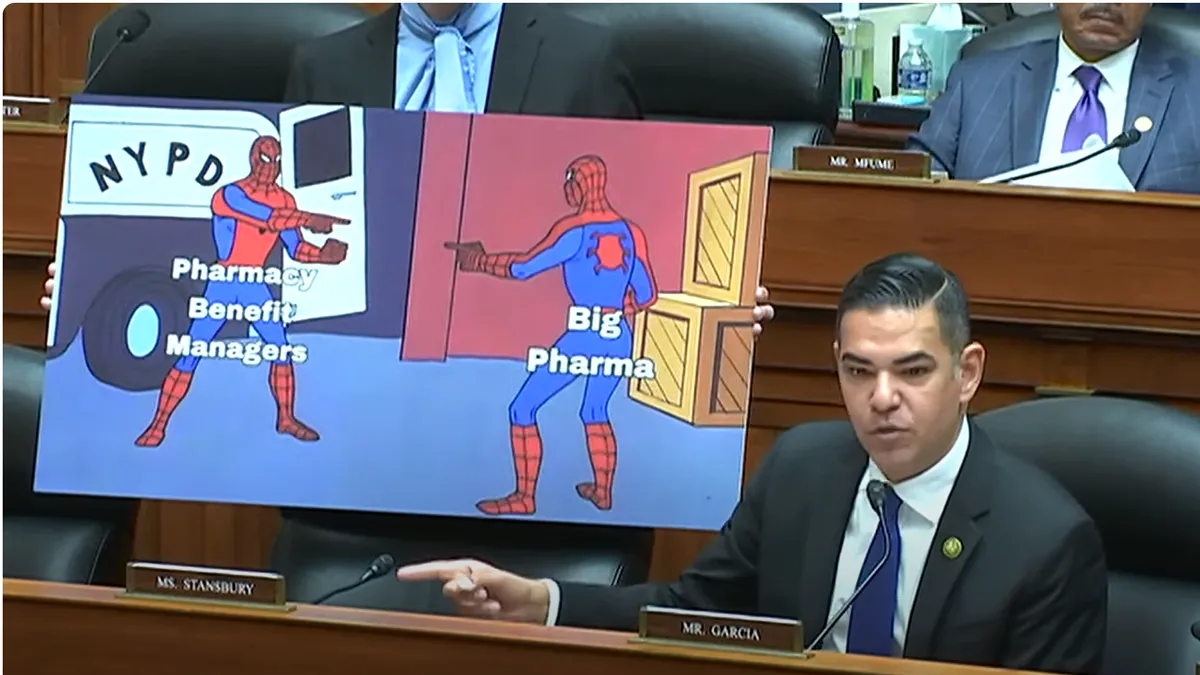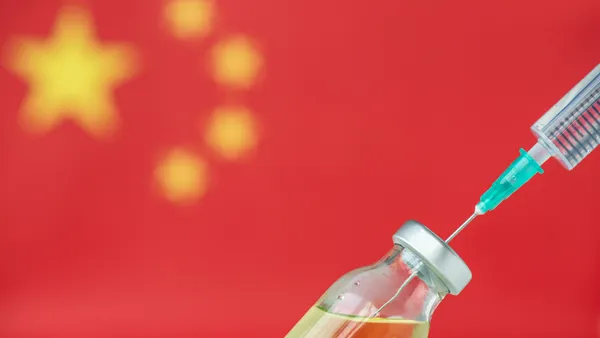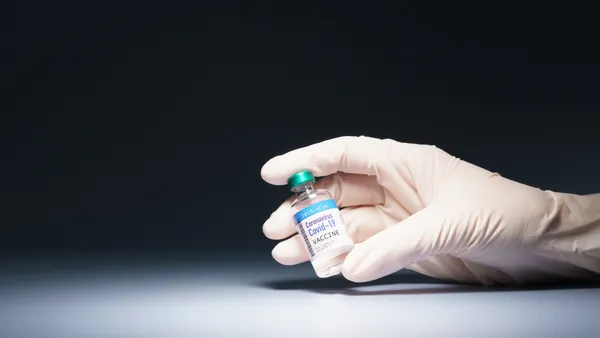In May, the once China-based oncology company BeOne Medicines not only switched its name from BeiGene, but also changed its home base to Basel, Switzerland.
“Innovation needs talented people. That’s why we decided to set up our European headquarters in Basel,” Xiaobin Wu, president and COO, said about the move.
BeOne isn’t alone. More than 800 life sciences companies have a presence in Basel’s life sciences supercluster, including Roche, Novartis and Johnson & Johnson.
NBE Therapeutics, a Boehringer Ingelheim company, opened its new antibody-drug conjugates R&D facility there in March. And other companies, including Regeneron, Moderna and Skyhawk Therapeutics, have set up shop in Basel in recent years, too. In fact, of the 36 companies that erected new operations in the Basel area in 2024, 26 are active in the life sciences.
While much of the rest of Europe is offering new financial incentives to lure American scientists in the wake of slashed government research funding, Basel has long been a steady draw without any schemes.
“Switzerland tends to shy away from single incentives,” said Christof Klöpper, CEO of Basel Area Business & Innovation. “If you just give money and then hope that somebody would come, normally that's not a long-term thing. Scientists, I believe, you should lure with great science, which we have. And you lure them with a great environment.”
Switzerland, which is not in the European Union, is “almost a boring country” when it comes to politics, Klöpper said. But that reliability is appealing, especially with so much economic and regulatory upheaval in other countries.
“We can only be stable here and offer a stable haven for many companies,” he said. “Companies now value that quite highly.”
Basel also places a premium on science.
“It’s really a nerdy, science-based city,” Klöpper said. “I’ve never seen a city that’s so much based on science. There’s a lot of trust in hard and good science in Switzerland, but particularly in Basel.”
Basel’s appeal
Basel is a small city, with a population of just under 600,000. But of that population, there’s a high concentration working in life sciences, with an estimated 33,000 people employed in the sector.
“If you’re in a bar, the chances are quite high that the person next to you will be a life sciences person,” Klöpper said.
Switzerland’s business and funding environment, which Deloitte touts for its stable politics, excellent infrastructure, “light-touch” regulations and competitive tax system, is also welcoming to the industry. And the country’s relatively hands-off regulatory approach is more like the U.S. than Germany or France, which is appealing to American executives, Klöpper said.
“You have a relatively frictionless process of setting things up here,” he said.
This appeal could be advantageous to Basel as global pharma companies scan the horizon for new places to expand operations. Amid ongoing tariff threats, many large pharmas have invested heavily in manufacturing on U.S. shores in recent months. In Basel, the infrastructure is well suited for R&D.
In particular, the city offers programs like BaseLaunch, a life sciences accelerator from the Basel Area Business & Innovation, along with many other accelerator and incubator programs.
Basel’s strong academic presence is another draw. Klöpper said it’s home to many top-ranked English-speaking universities “with quite a significant output of very good talent in the life sciences,” such as the University of Basel.
The talent pool is also deep. Basel has a long history in the chemical-pharmaceutical industry, which has helped build its presence as a life sciences hub, along with its academic institutions. In addition, the city is a crossroads, with suburbs in Switzerland, Germany and France, allowing life sciences companies to recruit talent from neighboring countries.
New research centers have also been established there in recent years, including the Roche Institute for Human Biology and the new Botnar Institute of Immune Engineering, a $1 billion research hub funded by the Swiss philanthropy Fondation Botnar to advance children’s health.
While some life sciences hubs in the EU and the UK are aiming to attract talent through financial and other incentives, and U.S. cities like Raleigh are taking advantage of political trends like the push to reshore manufacturing, Basel’s steady presence remains its prime selling point.
“In other times, they wished for quicker and faster reactions from politics,” Klöpper said. “Now, they are quite happy that the politics [are] steady and reliable.”










